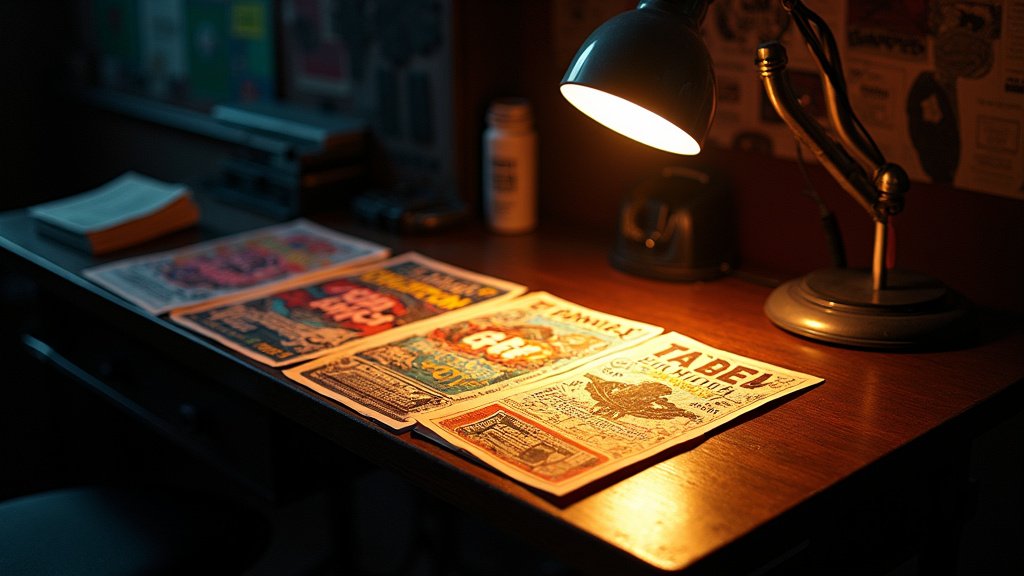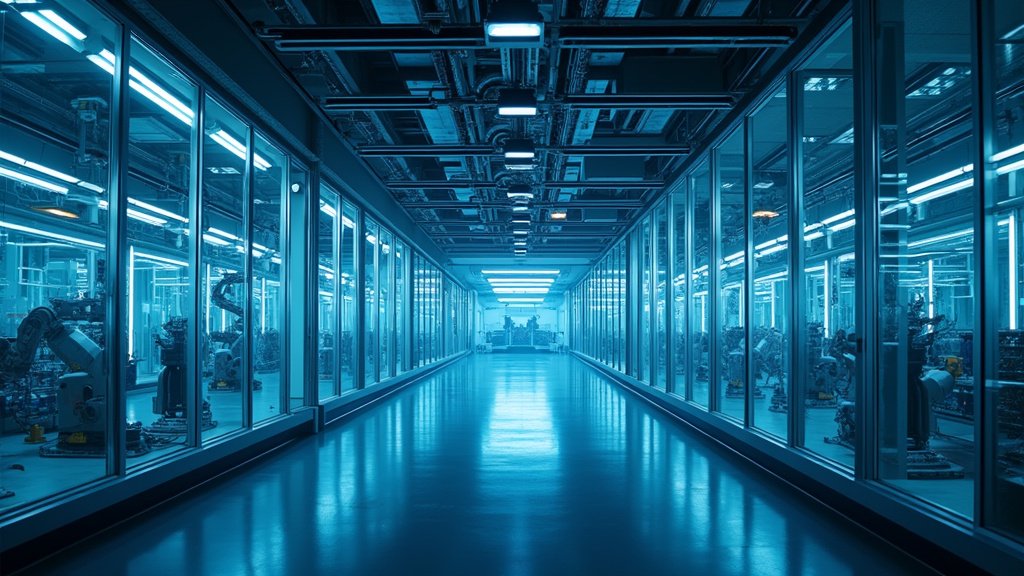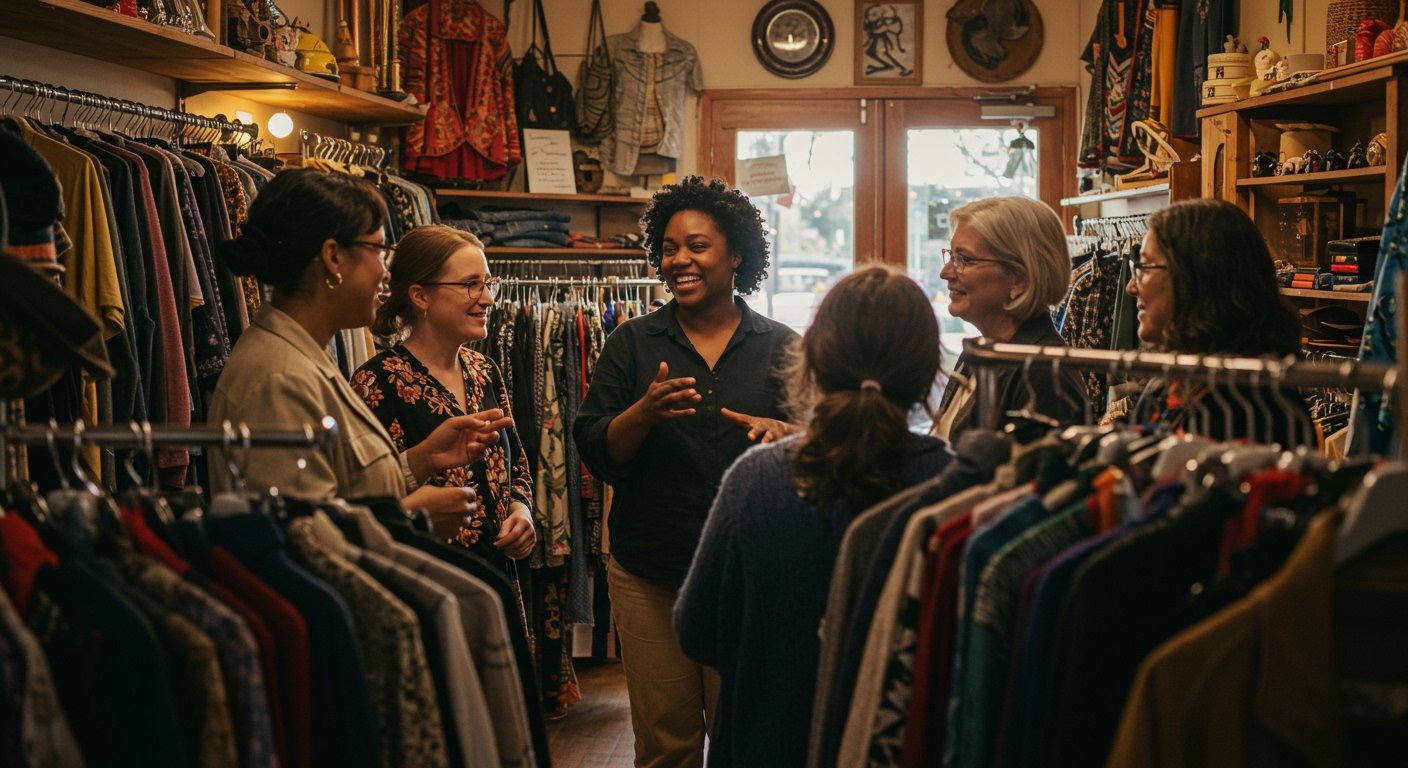Bay Area Venue Rejects AI Flyers, Championing Human Artists Amidst Creative Industry Uprising
In a bold move that signals a growing resistance to artificial intelligence in the creative sphere, Thee Stork Club, an independent concert venue in Oakland, California, has announced a ban on AI-generated flyers for band promotions. This decision, seemingly a first of its kind for a music venue nationwide, underscores a deepening concern among artists and creative professionals about the encroachment of AI into fields historically defined by human ingenuity and craft. The venue’s co-owner, Billy Joe Agan, has articulated a clear philosophy: championing human artistry and rejecting the perceived shortcut of automated design.
The Stork Club’s Stand Against Algorithmic Art
Over the past few months, Thee Stork Club began noticing an increasing number of promotional materials arriving that bore the unmistakable, often flawed, hallmarks of AI generation. Co-owner Billy Joe Agan described these flyers as having “too many fingers” on depicted hands, strangely placed text, and a general lack of authentic texture or artistic intent. “AI is super icky,” Agan stated in an interview, emphasizing that such automated creations run counter to the venue’s core values and its support for the local arts community. As an alternative to AI-generated imagery, Thee Stork Club is actively connecting bands and promoters with a curated list of local human illustrators, a move that has already seen enthusiastic responses from over a hundred artists eager to contribute their skills. This initiative aims to foster collaboration and ensure that promotional materials reflect genuine human creativity.
A Growing Chorus of Concern
The decision by Thee Stork Club is not an isolated incident but rather a ripple effect within a much larger, trending movement of artists pushing back against the pervasive influence of AI. Across various creative disciplines, concerns are mounting over AI’s potential to displace human workers and devalue their contributions. A significant survey by the Society of Authors revealed that a quarter of illustrators have already lost work directly to AI, with many others experiencing a devaluation of their income. Similarly, more than 200 prominent musicians, including artists like Billie Eilish and Katy Perry, signed an open letter to tech companies, urging them to cease the use of AI in ways that infringe upon, devalue, and replace human artists’ voices, likenesses, and livelihoods. This collective outcry highlights a widespread fear that unchecked AI development could dismantle the economic and artistic foundations of creative careers.
Echoes from Oregon and Beyond
This debate is playing out beyond the live music scene. In Portland, Oregon, the beloved bookstore Powell’s faced significant criticism for using AI-assisted tools in the creation of its merchandise. Customers and the Powell’s workers’ union, ILWU Local 5, voiced concerns over perceived ‘wonky’ designs and the potential undermining of human creativity. While Powell’s has since emphasized its commitment to local artists, the incident mirrors the broader industry anxiety. The impact of AI is far-reaching; research from Goldman Sachs suggests that generative AI could automate up to 26% of tasks in the arts, design, and media sectors, affecting everything from graphic design to marketing copy, and even influencing product development and innovation in industries like fashion. This evolving landscape of creative work is a significant piece of news for professionals and consumers alike.
The Art of the Human Touch
AI-generated art, while rapidly advancing, often betrays its algorithmic origins through subtle (and sometimes not-so-subtle) errors. Common issues include distorted anatomy—such as the infamous extra fingers—unnatural proportions, inconsistent details, and nonsensical text rendering. These flaws stem from AI’s reliance on statistical pattern matching rather than true comprehension or lived experience. The ongoing legal and ethical debates surrounding AI training data, copyright infringement, and the very definition of authorship further complicate the picture. Many artists and creators are fighting back, employing legal action and advocating for regulations that protect their rights and livelihoods.
A Call for Human Creativity
Thee Stork Club’s stance is more than just a policy; it’s a philosophical declaration in a rapidly changing world. By refusing AI-generated flyers, the venue is not only supporting local artists but also sending a powerful message about the inherent value of human creation. As AI continues to integrate into various aspects of life, this move by a small but influential concert venue serves as a vital reminder that art, in its most profound sense, requires a human touch, a unique perspective, and a connection that algorithms, for all their capabilities, have yet to replicate.




